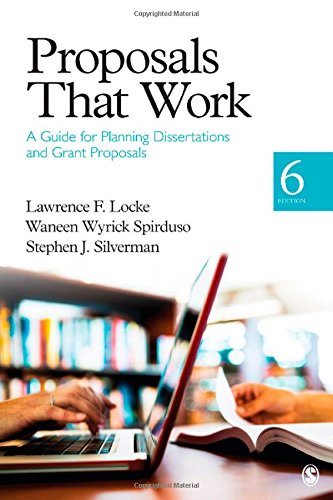
The Business of Development in Post-Colonial Africa(Cambridge Imperial and Post-Colonial Studies Series)
后殖民非洲的发展事务
非洲史
¥
1427.5
售 价:
¥
1142.00
优惠
平台大促 低至8折优惠
发货周期:通常付款后3-5周到货!
作 者
出 版 社
出版时间
2020年12月06日
装 帧
精装
页 码
334
开 本
0 x 0 x 0 cm
语 种
英文
综合评分
暂无评分
- 图书详情
- 目次
- 买家须知
- 书评(0)
- 权威书评(0)
图书简介
This collection brings together a range of case studies of European companies (most notably those of former colonial powers) and considers their involvement in development after European decolonisation. In this way, the book makes an original contribution to post-colonial studies. Individual chapters by both established and early career scholars examine the activities of foreign enterprise in various African states and the companies’ strategies to stay in Africa. They explore how businesses were not just challenged by the new international landscape but benefited from the opportunities it offered, particularly those provided by development aid. Together they constitute an important contribution to our understanding of both business and development in post-colonial Africa, redressing an imbalance in existing histories of both business and development which focus predominantly on the colonial period. This volume breaks new ground as one of the very first to bring the study of foreign companies and development aid into the same frame of analysis.
本书暂无推荐
本书暂无推荐














